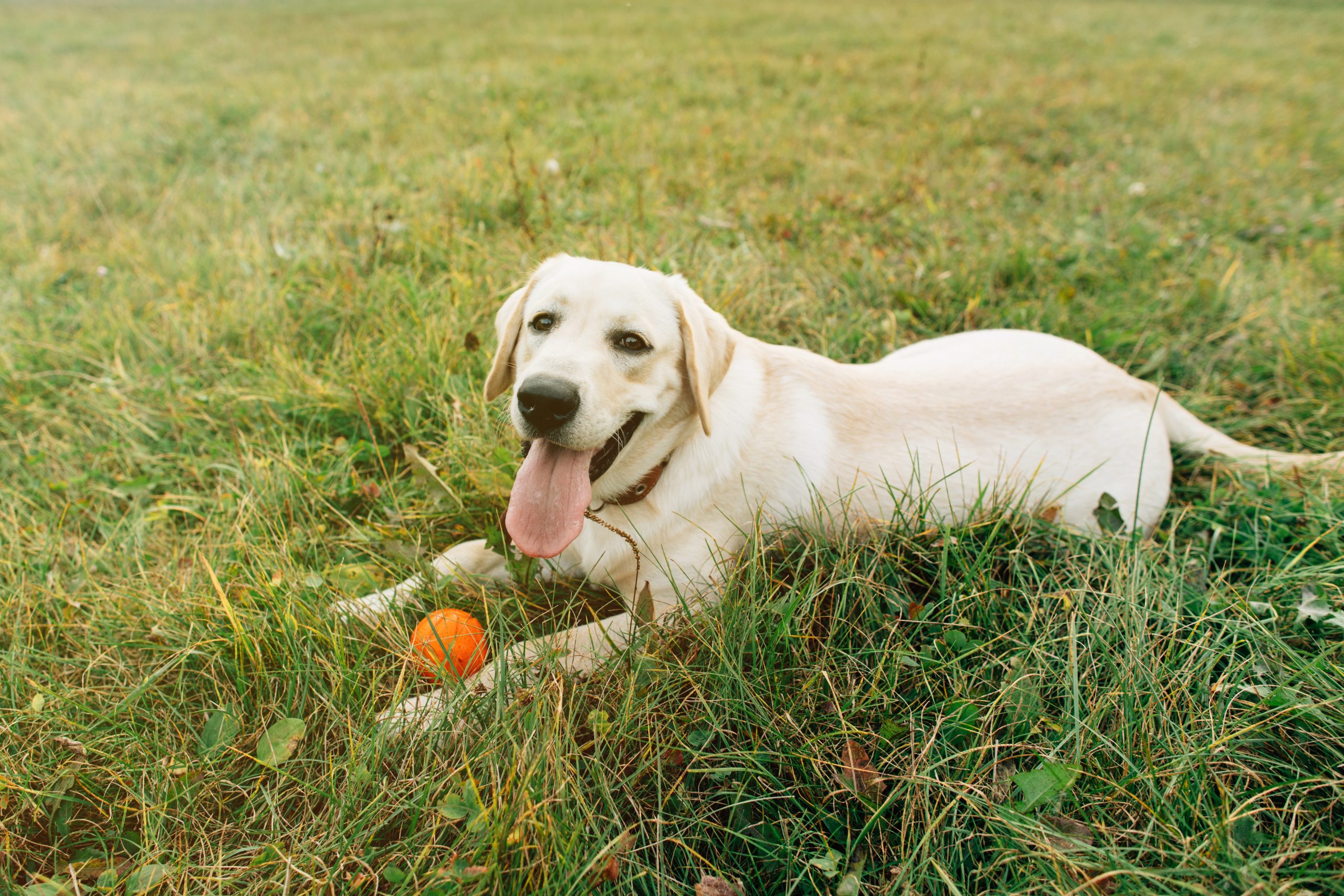5 Common Pet Injuries and How to Prevent Them During the Summer Months
The summer months can be dangerous for your dog, and dog owners should take note of those dangers. It is easy to forget that high temperatures, run-ins with wildlife and insects can all pose a threat to the health and well-being of your furry pal. So here are 5 common dog injuries and how to prevent them during the summer months:
1. Leaving Your Dog in the Car

Leaving your dog in the car tends to get repeated and is definitely worth mentioning in any list of pet safety tips. Never leave your pet in a car in warm weather, even with the windows down. Did you know your dog cannot sweat like humans? Yes, they do not sweat like humans, and even if they could, a car can get so hot in no time. As a result, it can kill your pet. In fact, even a car parked in the shade can get over 120 degrees in just a few minutes. If the heat doesn’t kill your pet, it can cause serious health injuries such as brain damage and heat stroke.
2. Use of Lawn Chemicals

Lawn Chemical use in the yard can be extremely toxic to your dog. Running around the grass is a great exercise for dogs but be very careful – lawns can be a source of poison. Some people treat their lawns with chemicals to kill weeds and insects. Lawn fertilizers are commonly added to lawns during the summer months. If your dog eats fertilizer or grass contaminated with weed killer or pesticide, it can make them ill. They may also be fatal to your dog.
3. Pet Safety from Wild Animals

Pet safety from wild animals is often overlooked. Dogs enjoy exploring and cats love to hunt. However, both things can pose dangers to your pet. Below are 3 wild animals your pets should avoid.
- Skunks
Skunks can spray your pet with nasty-smelling oil. In addition to smelling horrible, the offensive spray is filled with harmful toxins that may trigger negative reactions in your pet’s body.
- Raccoons
Raccoons may be affected by rabies and harm the health of your pet. Sometimes raccoons kill cats for sport, but cats use their natural sense to stay away from these masked wild animals. However, dogs often attempt to fight raccoons, which they almost always lose. While fighting with a dog, a raccoon bite and scratch very fast and with extreme force. Raccoons often bite the chest wall of dogs, leading to their lungs collapsing. They also penetrate the dog’s belly, leading to septic peritonitis.
- Coyotes
Coyotes enjoy hunting small mammals, such as mice and rabbits, but they are learning that cats are becoming easy prey. It has been reported that 20% of urban coyotes’ diets are made up of cats. Can a cat escape a coyote? No, a cat cannot outrun a coyote and will suffer a violent death once the coyote catches it. Keep your cat indoors, as this is safe from coyote attacks. You can also install an outdoor cat shelter or get a cat post. The cat shelter openings are too small for a coyote to enter through, and outdoor cat posts are easily climbable for your cat, but not a coyote.
As for dogs, coyotes present a lesser risk for larger dogs. They usually target smaller breeds, so be sure to monitor your fur baby closely if there are coyotes in the local area. Be careful to keep your dogs inside and under close supervision while taking them out to the potty during the day and night hours. Do not, and I repeat, do not leave your dog outdoors unattended. Also avoid walking by abandoned or neglected buildings or houses and bushy areas, especially at dusk and dawn. Carrying a flashlight, bear spray, or an air horn will also help to scare off coyotes.
4. Flea and Tick

Flea and tick infections are common nuisances when it comes to the health of our pets. Fleas and ticks are blood-sucking parasites that not only make your pets uncomfortable but can also take over your entire home. They are health threats that can carry disease and infest your pet and home.
Fleas can jump as high as two feet in the air and can drink 15 times their body weight in blood. They commonly hide between your pet’s fur towards their tails, under the belly, or near their head. If your pet brings fleas into your home, they can spread around the home onto your bedding and inside of your carpets. A flea bite can cause painful red bumps on the legs and ankles of humans.
The second pest, ticks, are larger in size and attach themselves to animals walking through tall grass or woody areas. Ticks commonly hide near the head, ears, or feet on both dogs and cats. When sucking the blood of the pets they grow very large in size. Did you know the ticks disengage from your pet and feed on your blood as well? It is of the utmost importance to quickly rid your pet and home of ticks. Ticks are known to spread many diseases, including Lyme disease.
Whether you choose natural or conventional methods, your pet needs you to be vigilant to prevent fleas and ticks.
5. Keeping Cool

When you take your pet outdoors in summer, bring water. Make sure your pet has access to shade. If possible, bring a portable, battery-operated fan to set up in front of your pet. Try to walk your dog in the early morning and/or evening so you’re not out in the blazing daytime sun.
If you decide to take your dog outside during the heat of the summer, it is very important to have access to shady areas and plenty of cool, freshwater. If you plan to be out in the heat for more than an hour, take along a bottle of frozen water or ice cubes. This way you will have cold water available for your pet when you reach your location. Also remember, dog houses trap heat and are not a good shelter choice for dogs during the summer.
Dogs do not sweat, so try avoiding excessive exercise on extremely humid summer days. Set aside times in the early mornings or evenings to walk your dogs. During these times the heat is less intense. I know this may seem a bit strange, cutting your dog’s fur coat will cool them off. Actually, you should never shave your dog during the summer. Their coats help to control their body temperature and protect them from sunburn.
5 Common Pet Injuries and How to Prevent Them During the Summer Months
In conclusion, the 5 common pet injuries and how to prevent them during the summer months will keep your fur babies safe. Remember, our pets are also important members of our families. They look to us to keep them safe at all times. Thank you for taking the time to read this article and be sure to visit again for more pet safety tips.
Feel free to contact us for a free consultation.


